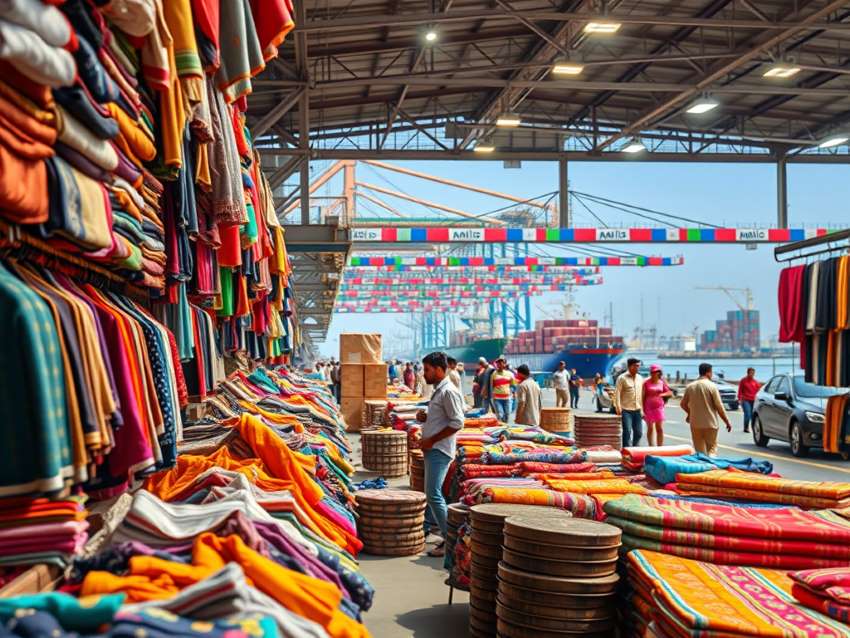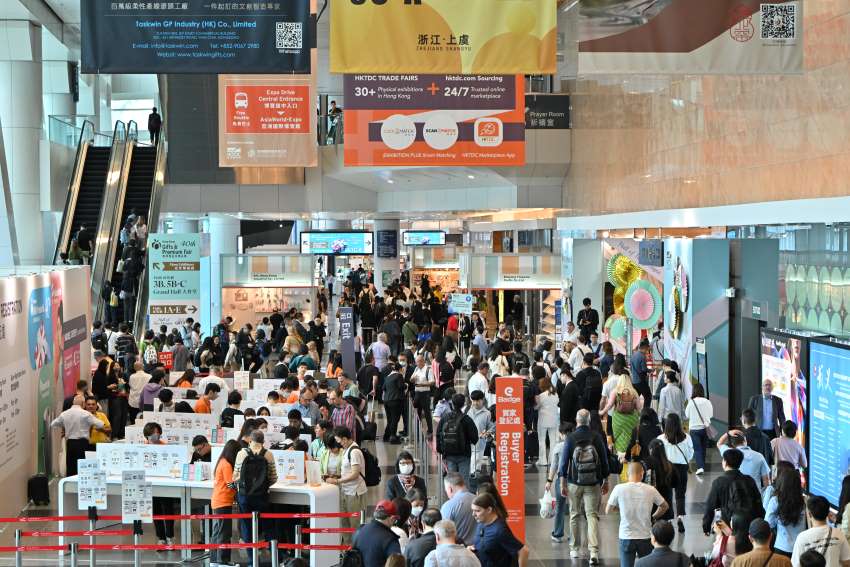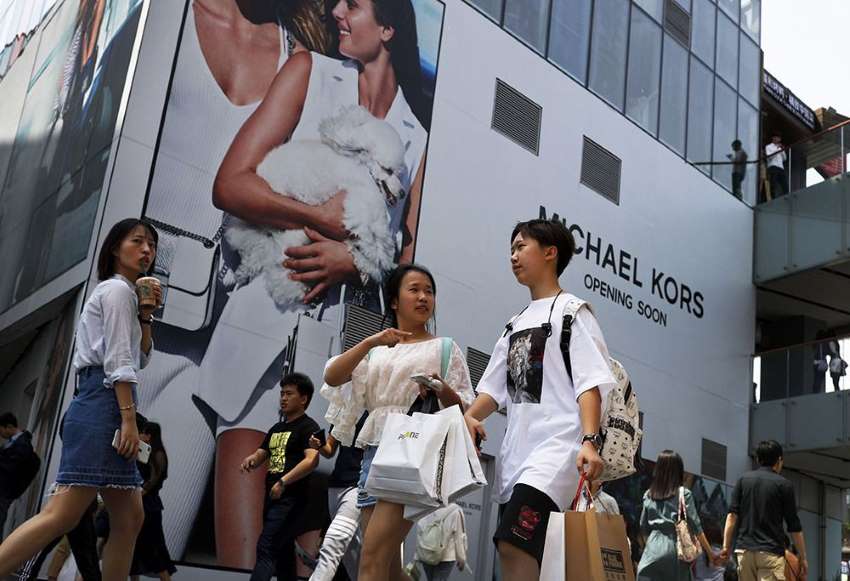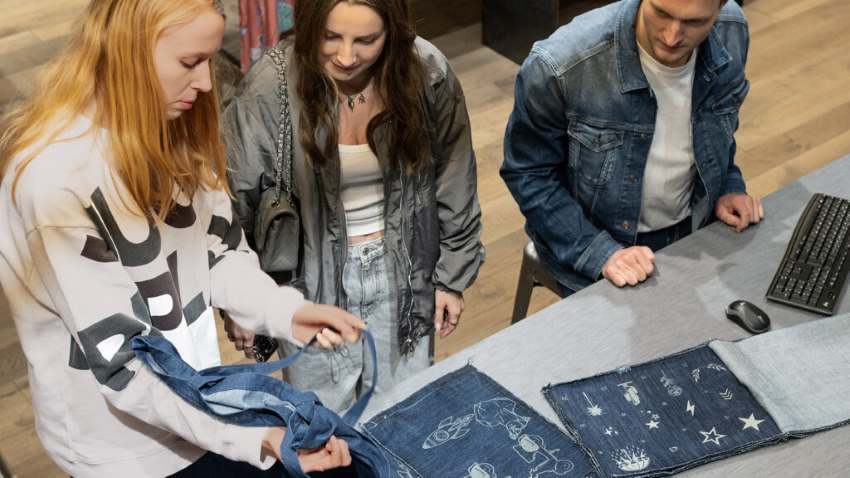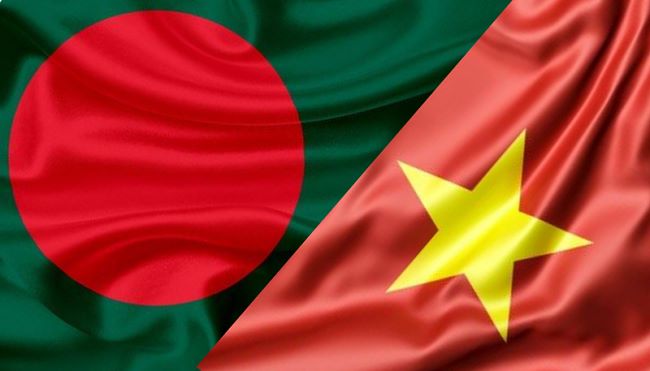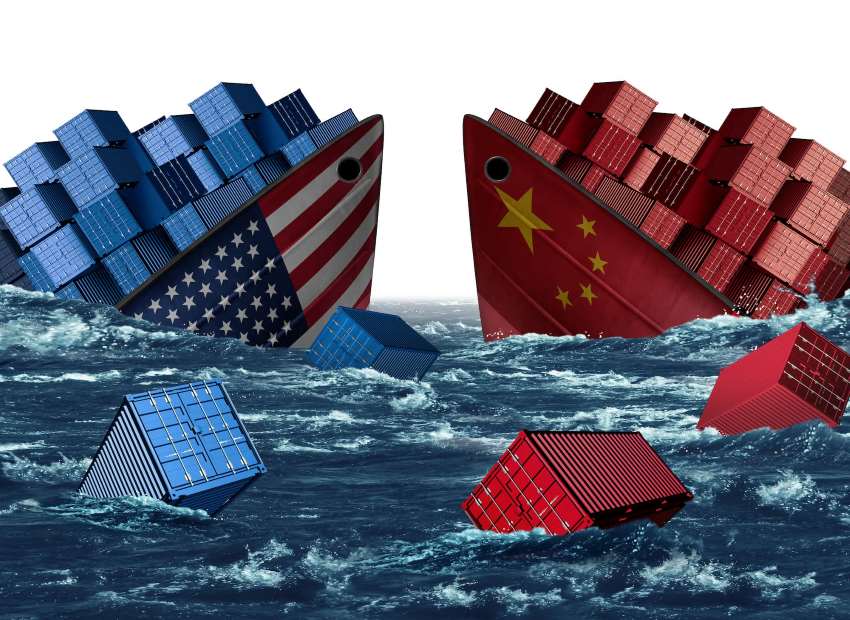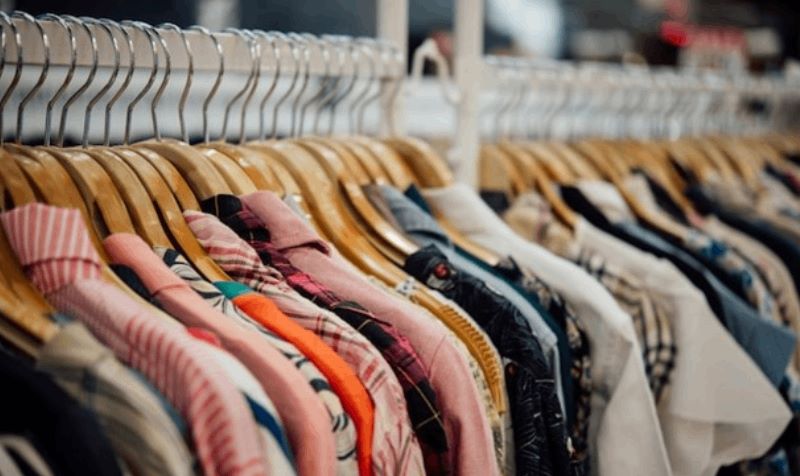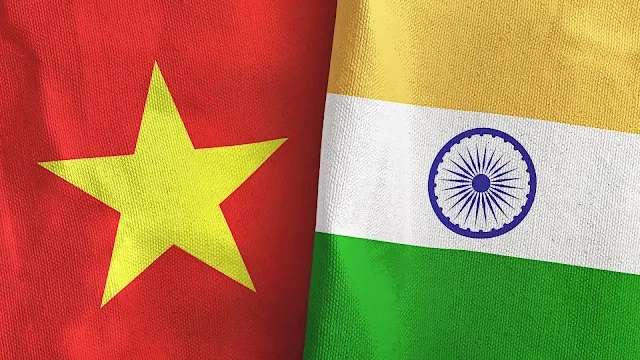FW
The EU has reached a provisional deal to cut textile waste and tackle fast fashion. Under the new rules, textile producers will be responsible for funding the collection, sorting, and recycling of their products.
This will apply across the EU, including e-commerce sellers, 30 months after the directive takes effect. Micro-enterprises will have an extra 12 months to comply.
The rules cover clothing, accessories, footwear, linens, and curtains, with EU countries also allowed to include mattresses. Member states must address ultra-fast fashion practices when determining financial contributions to waste management schemes.
Rapporteur Anna Zalewska highlighted the Parliament’s success in ensuring producers contribute to separate textile collection while minimizing administrative burdens.
Each year, the EU generates 12.6 million tonnes of textile waste, with clothing and footwear accounting for 5.2 million tonnes. Currently, less than 1 per cent of textiles worldwide are recycled into new products. The deal is now set for formal approval before becoming law.
Isko joins forces with Blanche to launch Kokoro, the brand’s Spring/Summer 2025 collection, blending timeless design with responsible fashion. Featuring Isko’s premium recycled denim, Kokoro reflects Blanche’s commitment to sustainability without compromising style.
A leader in denim innovation, Isko continues to redefine fashion with cutting-edge, eco-conscious textile solutions. The Kokoro collection embodies this vision, utilizing Isko fabrics to craft high-quality, fashion-forward pieces with a reduced environmental impact.
“Real change happens when innovation meets integrity. Our collaboration with Blanche proves that great design and responsibility go hand in hand. This is the future of denim -sustainable, stylish, and inspiring,” said Keith O’Brien, Senior Global Marketing & PR Manager at Isko. The Kokoro collection will be available online and in stores starting February 2025.
Lululemon is opening a 8,923 sq ft flagship store in Regent Street, London besides collaborating with designer Saul Nash during London Fashion Week.
This is Lululemon’s largest store in the Europe, Middle East, and Africa (EMEA) region. The store features an expanded range of men's and women's apparel and accessories designed for yoga, running, training, and everyday wear.
A few of the stores’s features include the largest ‘pant wall’ in Europe, the most extensive Lululemon menswear selection in EMEA, the brand's latest store design concept, a water bottle personalization station, and a dynamic staircase light feature that changes color throughout the day.
Lululemon emphasizes, the store will serve as a community hub, building on the brand's 11-year history in London. The store will include a newsstand offering a special Lululemon newspaper.
The newsstand will also host DJ sets and surprise performances by Lululemon ambassadors, such as Olympic gold medalist Phil Wizard.
Further community events include movement sessions at The Vinyl Factory Soho, culminating in a disco-house dance party. Lululemon has also partnered with the Runna running coach app for an 8 km run through London, starting at the new store. Highlighting the store’s rile in Lululemon’s international growth strategy, Sarah Clark, Senior VP of Lululemon EMEA, states, it aims to quadruple the brand’s international sales by 2026.
Simultaneously, Lululemon and Saul Nash unveiled their new ‘SLNSH’ collaboration, which launches globally on March 11, 2025. The SLNSH Spring 2025 collection, blending Nash's refined activewear aesthetic with Lululemon's technical innovation, was showcased at an event at
The Boiler House in East London. Spanning menswear, womenswear, and accessories, the collection blurs the lines between performance and lifestyle.
In a major boost to employment and industrial growth, Texport Industries (TIPL) plans to launch its readymade garments unit in the Sircilla Apparel Park. To open with an initial capacity to employ 2,000 women, this would be the second major apparel unit in Sircilla, following Green Needle (Gokuldas unit).
KT Rama Rao, Working President, BRS says, at full capacity, the Sircilla Apparel Park unit will generate 25,000 jobs. He attributes the launch of this initiative to the visionary leadership of K Chandrashekhar Rao, Former Chief Minister, Telangana.
The Telangana Government has allocated 7.42 acre in Peddur Apparel Park on Sircilla outskirts for the park. It has also announced a Rs.64 crore investment in the development’s of the unit’s infrastructure. To be spread over 1.77 lakh sq ft, the unit aligns with the previous BRS government’s push to transform Sircilla into a textile hub, offering large-scale employment, particularly for women.
A specialist manufacturer of underwear and T-shirts, Bengaluru-based TIPL has completed the construction of this unit and will launch operations shortly.
A potential setback for the online fast-fast retailer as it prepares for a planned listing on the London Stock Exchange, Shein’s net profit declined by 40 per cent to $1 billion in 2024, as per a report by the Financial Times.
Shein's sales increased by 19 per cent to $38 billion during the year. This is notably lower than the projections of $4.8 billion in net profit and $45 billion in sales made by the company earlier.
Recent reports indicate, Shein plans to lower its valuation for the London IPO by almost 25 per cent, aiming for approximately $50 billion. Further reports suggest, the company might be under pressure to accept an even lower valuation of around $30 billion.
The timeline for the London listing may also be affected. Reports have noted that a change in US policy regarding a tax exemption enjoyed by Shein could impact the company's profitability and pricing within the United States. This potential development might lead to a postponement of the London listing to the latter half of the year.
South Asia's leading apparel manufacturer, MAS Holdings has commenced construction on its first venture at the MAS Apparel Park-Bhuinpur in Khurda district, Odisha. This 60-acre facility is expected to focus on value-added products for both local and international markets. It will begin production by 2026.
Malik Ahamadeen, CEO, MAS India, states, the project will help create create employment opportunities in the state, thus contributing to its broader economic growth and long-term development, he adds.
Approved by the High-Level Clearance Authority (HLCA), led by Chief Minister Mohan Charan Majhi, the integrated textile facility will be developed with an investment of Rs 1,211.87 crore (over $140 million). It will also generate 10,000 jobs within the next decade.
Noting this investment as a significant milestone for the company, Suren Fernando, Group CEO emphasizes on India's integral role in their operations and its importance to both the global supply chain and the rapidly expanding domestic retail sector.
The ground-breaking ceremony was also attended by Subhendra Kumar Nayak, Special Secretary and officials from Idco and IPICOL.
Dior has roped in Hollywood actress Monica Barbaro as its new brand ambassador for women's fashion. The announcement follows Barbaro's Academy Award-nominated portrayal of Joan Baez in ‘A Complete Unknown’ and highlights her rising prominence in Hollywood. She will represent the women's collections designed by Maria Grazia Chiuri.
According to Dior, Barbaro embodies the elegance and audacity of Dior style, a continually reinvented femininity. The partnership aims to strengthen the brand's connection to culture and creativity.
This appointment further strengthens Barbaro's relationship with LVMH Moët Hennessy Louis Vuitton, as she was also named a Bulgari ambassador in July.
The announcement comes amidst recent changes at Dior, including the earlie
r announcement of Kim Jones, Artistic Director, Dior Homme, stepping down from his position at the brand after seven years. This new announcement reflects Dior's ongoing strategy to align with influential figures in the entertainment industry and reinforce its brand image.
Lenzing Group reinforced its commitment to India’s textile industry at Bharat Tex 2025, showcasing its latest innovations in sustainable fibers. The event provided a key platform for collaboration across the textile value chain, from spinners to global brands.
Visitors explored Tencel and Lenzing Ecovero fibers at Lenzing’s booth, experiencing their impact on sustainability and performance. The display featured Tencel Lyocell A100, Lyocell LF, Lyocell x Micro, Lyocell Fill, and Lenzing Ecovero Black, offering enhanced fabric versatility, insulation, and color fastness. These solutions cater to various segments, including denim, home textiles, intimate wear, and traditional Indian apparel like sarees and kurtis.
Indian garment makers, mills, and designers responded positively, reflecting the rising demand for eco-conscious textiles. "Bharat Tex 2025 has been a phenomenal platform, highlighting India’s leadership in sustainable textile innovation," said Jayaraman, Vice President - Global Sales, Lenzing Group.
Avinash Mane, Senior Commercial Director - AMEA & NEA, added, "The event continues to drive collaboration and knowledge exchange, aligning our fiber innovations with the evolving needs of India’s textile sector."
Bharat Tex 2025 also opened new avenues with international buyers, reinforcing India’s role in responsible textile manufacturing. As the industry moves toward a more sustainable future, Lenzing remains committed to driving innovation and strengthening partnerships in India’s dynamic textile landscape.
Vietnam's textile and garment (T&A) exports are projected to rise by 11 pe cent to reach $44 billion in 2024, according to the Vietnam Textile and Apparel Association (VITAS). This would help consolidate Vietnam’s position as the world's second-largest textile exporter, behind China.
Vietnam’s T&A exports in the early months of 2024 increased by 1.8 per cent Y-o-Y to $3.19 billion. The industry aims to increase its exports to $47-$48 billion by 2025.
The US remains Vietnam's top market, with exports in January 2025 rising by 6 per cent to $1.4 billion. Since 2018, share of the US in Vietnam’s T&A exports has doubled, reaching nearly 20 per cent in 2024 with companies like Duc Giang Corporation reporting strong revenue growth.
Despite this success, challenges persist. Rising shipping costs, market volatility, and intense global competition, particularly from Bangladesh and India, pose threats.
To counter these issues, Vietnamese companies are investing in automation, modern equipment, and workforce development. They're focusing on operational efficiency and product innovation.
Optimism remains for continued growth in 2025, driven by economic recovery in key markets like the US and EU, and Vietnam's focus on quality and efficient production.
Free Trade Agreements, such as the CPTPP, are crucial for expanding into new markets like Canada and Australia. Enhanced maritime communication and agricultural improvements will also support trade.
Industry leaders emphasize the need for operational excellence, productivity gains, and technological adoption to navigate rising costs and meet evolving consumer demands.
Vietnam's textile industry is demonstrating adaptability and resilience, positioning itself for continued growth and solidifying its role in the global textile market.
Sri Lanka's vital apparel export sector faces potential disruption as the Joint Apparel Exporters Association Forum (JAAF) has raised serious concerns about the government's proposed removal of the Simplified Value Added Tax (SVAT) system. A hasty transition without a robust, well-tested alternative could trigger significant cash flow problems for exporters, jeopardizing the industry's stability, warns JAAF.
The core issue revolves around the VAT refund process. Under standard VAT regulations, exports are zero-rated, allowing businesses to reclaim input VAT. However, chronic delays in refunding these credits in Sri Lanka forced the adoption of the SVAT system. Now, the government's plan to replace SVAT with a risk-based refund mechanism has triggered alarm bells within the apparel industry.
JAAF had previously championed a digitally driven VAT refund solution, emphasizing efficiency and transparency through minimal human intervention. The association fears that a poorly managed transition will strain exporters' cash flow, disrupt operations, and tarnish Sri Lanka's reputation as a reliable sourcing destination, particularly in a global market where supply chain stability is paramount.
The apparel sector's contributes over 40 per cent to the nation's total merchandise exports. Maintaining the industry's competitiveness and boosting investor confidence hinges on a seamless and transparent transition from SVAT. JAAF emphasizes on the importance of timely VAT refunds and a reliable mechanism to prevent delays, safeguarding exporters' liquidity.
The association urges the government to engage closely with industry stakeholders, ensuring a smooth VAT transition that incorporates efficient digital refund processing to prevent disruptions.
Despite these concerns, JAAF welcomes the government's inaugural budget, recognizing its focus on export-driven growth, investment facilitation, and policy consistency. The budget's commitment to economic stabilization and a competitive business environment is seen as a positive step for the textile and apparel sector.
JAAF also applauds the government's efforts to expand Free Trade Agreements (FTAs), align with the industry's strategic goals of protecting market access, and pursue new global partnerships. Initiatives like the National Single Window, e-cargo tracking, and customs law revisions are deemed crucial for enhancing the ease of doing business. Measures such as revisiting the Economic Transformation Act and introducing the Investment Protection Bill are expected to bolster investor confidence and propel export growth.
While expressing optimism about the budget's direction, JAAF reiterates its apprehensions regarding the SVAT removal. They emphasize the necessity of a well-tested alternative, a smooth transition, and continuous engagement with industry stakeholders to ensure policy decisions reflect the realities of the business environment. Clarity on tax administration, timely trade facilitation, and sustained focus on export competitiveness are vital for achieving ambitious export targets.
As Sri Lanka strives for sustainable economic recovery, the apparel industry remains committed to collaborating with policymakers to implement effective reforms, ensuring the nation's export sector remains resilient and globally competitive.

